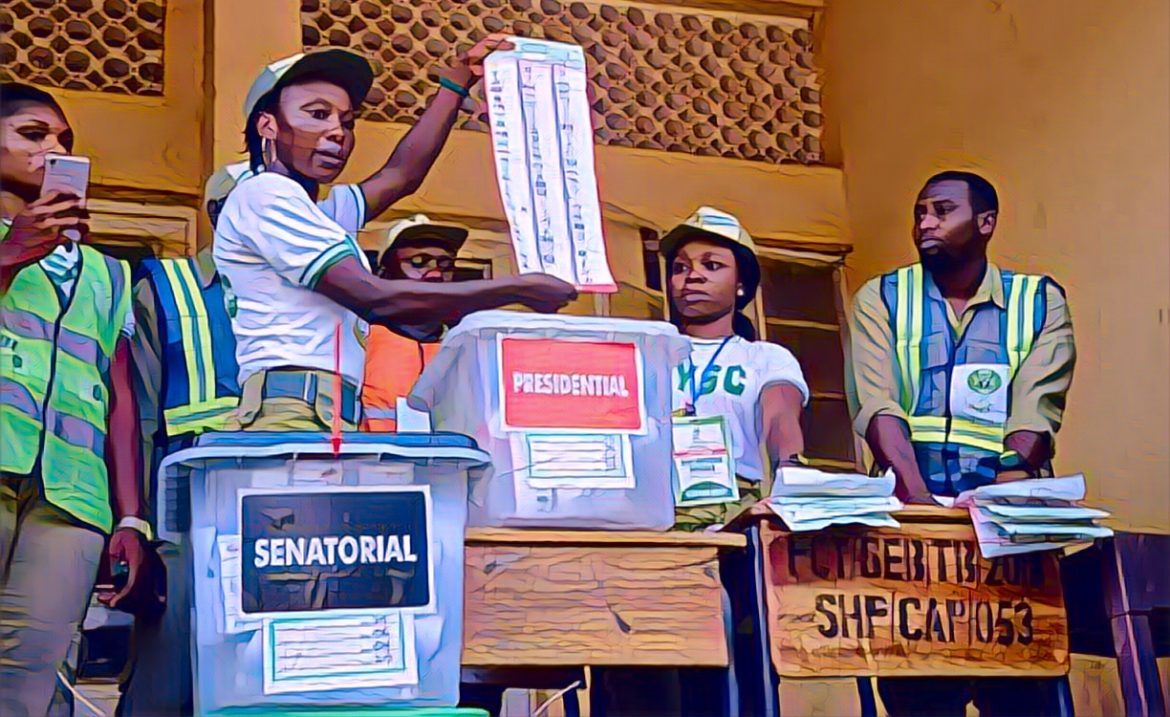KEY POINTS
- Disillusionment with politics leads to youth voter apathy.
- Economic struggles divert focus from electoral participation.
- Safety concerns during elections deter young voters.
Despite constituting a significant portion of the population, many are choosing to abstain from voting. But what’s behind this growing disinterest?
Disillusionment with the political system
Many young Nigerians feel disconnected from the political process.
Youth experience systemic corruption and unresponsiveness that makes them feel their voting efforts are useless.
Most of them have lost hope because past political leaders failed to deliver on their commitments, making them doubtful about the outcome of voting.
Economic challenges and survival priorities
The rising youth unemployment level in Nigeria has forced its young citizens to focus primarily on day-to-day survival needs.
The basic need for security makes citizens ignore their civic responsibility to vote. Most people put pressing economic needs ahead of voting because the urgency of daily financial stability seems stronger.
Perceived lack of credible candidates
The Nigerian political sphere remains under constant control of mature political figures, who seem to deprive upcoming generations of effective governance representation.
Young voters tend to stay away from electoral participation, as the current leadership fails to reflect their voice in representative politics.
Safety concerns during elections
Elections in Nigeria have sometimes activated destructive violence throughout elections. Young people judge the potential risks of voting to exceed the possible advantages derived from this practice.
The fear of personal safety acts as a barrier for individuals when making their voting decisions.
The way forward: re-engaging the youth
Strategies must be developed to restore public confidence in the political system because apathy exists. Making politics more transparent and ensuring accountability through programs that enable real youth engagement represents the required action.
Groups such as “Not Too Young To Run” , actively fight to lower candidate age criteria thus motivating more younger individuals to pursue political leadership.
Understanding the reasons behind young Nigerians losing voting interest helps develop solutions to revive their valuable involvement in national democratic processes.


